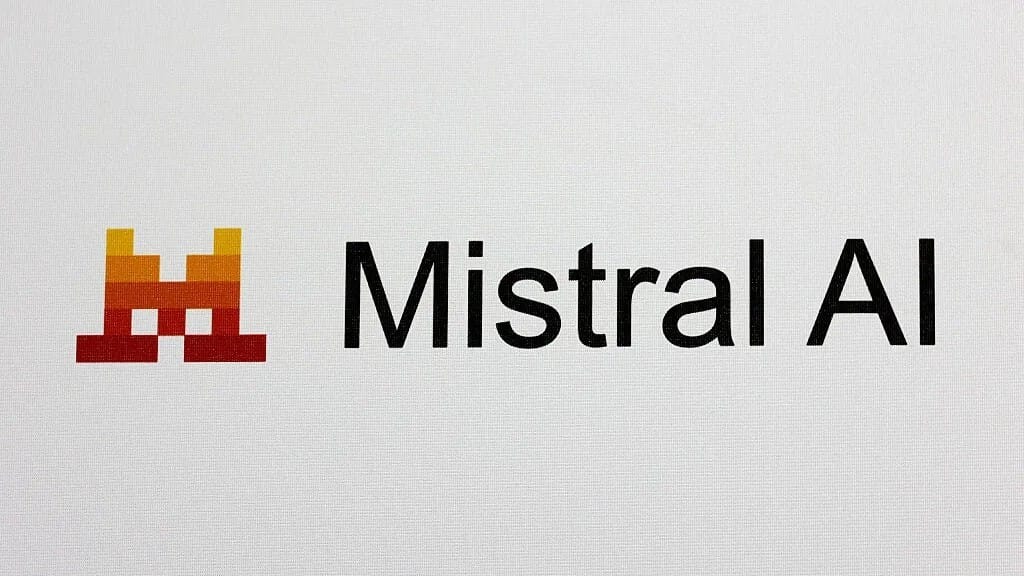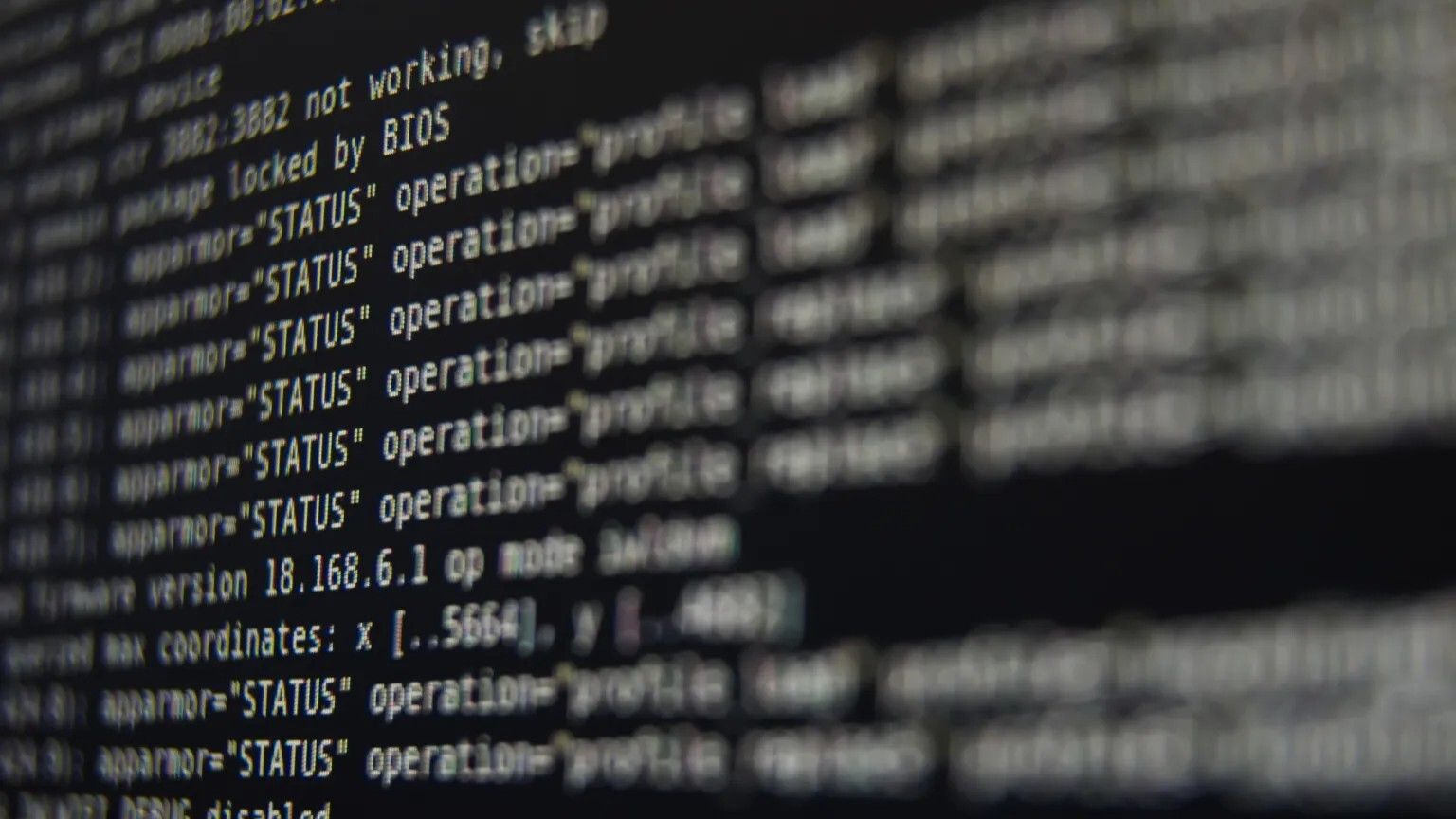- Forward Future by Matthew Berman
- Posts
- 🧑🚀 AI Terminals Rise, Claude Hits Wall Street & AI Talks for Pets
🧑🚀 AI Terminals Rise, Claude Hits Wall Street & AI Talks for Pets
AI coding shifts to terminals, Claude aids finance, LSE eyes AI for pets, Voxtral debuts, Broadcom rivals NVIDIA, NVIDIA resumes China sales, Meta curbs reposts.
🗞️ YOUR DAILY ROLLUP
Top Stories of the Day

🎙️ Mistral Debuts Open-Source Audio AI Voxtral
Mistral has released Voxtral, its first open-source AI audio model for production use. Available in Small and Mini variants, it handles transcription, summarization, and real-time voice commands in multiple languages. Voxtral Mini Transcribe undercuts Whisper in cost and speed. API pricing starts at $0.001/min, with free trials via Hugging Face and Le Chat.
🔲 Broadcom Unveils Tomahawk Ultra to Rival NVIDIA
Broadcom has launched the Tomahawk Ultra, a high-performance networking chip designed to scale AI systems more efficiently than NVIDIA's NVLink Switch. It links up to four times more chips using a high-performance version of Ethernet, enabling faster inter-chip communication. Originally intended for HPC, it's now aimed at AI infrastructure.
💸 NVIDIA to Resume AI Chip Sales to China
NVIDIA will resume sales of its H20 AI chip to China after receiving U.S. approval for export licenses, reversing earlier restrictions. The move follows CEO Jensen Huang’s meeting with President Trump and comes amid ongoing US-China trade negotiations. AMD will also restart exports, signaling a broader easing of controls on AI chip sales.
🚫 Meta Cracks Down on Reposted Content
Meta is cracking down on Facebook accounts that repeatedly post unoriginal or duplicated content, including AI-generated media. Offenders will lose monetization access and see reduced reach. The update follows YouTube’s similar policy and includes new tools like links to original videos and insights to help creators understand enforcement actions.
Enjoying our newsletter? Forward it to a colleague—
it’s one of the best ways to support us.
📟 TERMINALS
AI Coding Moves to the Terminal

AI-powered coding tools are shifting away from the IDE and back to the terminal. While early tools like Copilot and Cursor focused on autocomplete and code suggestions inside editors, a new wave of “agentic” tools—like Claude Code, Gemini CLI, and CLI Codex—are taking things further by running full development workflows directly in the command line.
These tools can pull repositories, install dependencies, compile programs, debug errors, and even ask for clarification when needed. Major players like OpenAI, Google DeepMind, and Anthropic have all launched terminal-based agents, and early benchmarks like TerminalBench are now evaluating how well these tools handle complex tasks. Although the best-performing agents currently solve just over 50% of challenges, their capabilities are advancing quickly. → Read the full article here.
💰 FINANCE
Claude Gets a Finance Upgrade: Anthropic Launches AI Suite for Wall Street Workflows

Anthropic unveils Claude for Financial Services, a purpose-built AI platform that integrates market and internal data from trusted providers—like Morningstar, PitchBook, S&P Global, Databricks, Snowflake, Box, FactSet, Daloopa, Palantir—into a unified interface for financial professionals. Powered by its flagship Claude 4 models and equipped with Claude Code, the solution expands context limits and processing capacity to handle complex tasks, from Monte Carlo simulations and risk modeling to due diligence, benchmarking, financial modeling, and investment memo generation . Advanced validation features provide data traceability and audit trails, helping reduce hallucinations and improve compliance standards .
Early adopters include major institutions such as Bridgewater’s AIA Labs, Norway’s sovereign wealth fund, AIG, Commonwealth Bank of Australia, and NBIM, which report time savings, productivity gains, and significant improvements in data accuracy. Anthropic is partnering with major consulting firms—Deloitte, KPMG, PwC, Slalom, TribeAI, Turing—to support implementation and rollout. → Read the full article here.
🐶 PETS
LSE Launches $5.4M AI Center to Explore Talking to Pets and the Ethics Behind It

The London School of Economics is launching the Jeremy Coller Centre for Animal Sentience, a new $5.4 million initiative to explore how AI might decode animal consciousness, possibly even enabling human-pet “conversations.” While the idea of chatting with your cat may sound charming, center director Prof.
Jonathan Birch warns that AI’s tendency to fabricate could mislead pet owners with feel-good fiction rather than truth. The center aims to create ethical frameworks to guide AI-animal interactions, addressing everything from farm tech to self-driving car collisions with pets. It’s a quirky yet consequential step into the frontier of AI and animal welfare. → Read the full article here.
🛰️ NEWS
What Else is Happening

🧐 Top AI Minds Call for Thought Monitoring: OpenAI, DeepMind, and others urge research into how AI reasons—warning the transparency behind “chain-of-thought” models could fade without action.
🏗️ CoreWeave Drops $6B on AI Hub: Backed by NVIDIA and Trump’s AI agenda, CoreWeave is building a massive Pennsylvania data center to meet soaring compute demand and boost U.S. tech dominance.
🥷 Google’s AI Hunts Hidden Threats: From uncovering stealth exploits to powering forensic tools, Google’s AI agents like Big Sleep are taking frontline roles in cyber defense ahead of DEF CON 33.
🔍 Google: AI Won’t Kill SEO: Google's John Mueller says AI tools still rely on websites—meaning SEO skills and strong site content remain essential, especially for local businesses and e-commerce.
✨ Nextdoor Revamps with AI & Alerts: The “new Nextdoor” adds local news, emergency updates, and AI-powered recs—turning neighbor chatter into real-time, hyperlocal insights you won’t find on Google.
💼 JOB BOARD
Now Hiring: xAI, Anthropic, & More
📽️ VIDEO
Kimi K2 is INSANE... (Open-Source is BACK!)
China’s Kimi K2 open-source LLM is making waves with flawless training, top-tier benchmarks, and 1T parameters—optimized for coding, reasoning, and tool use. Get the full scoop in Matt’s latest video! 👇


Reply